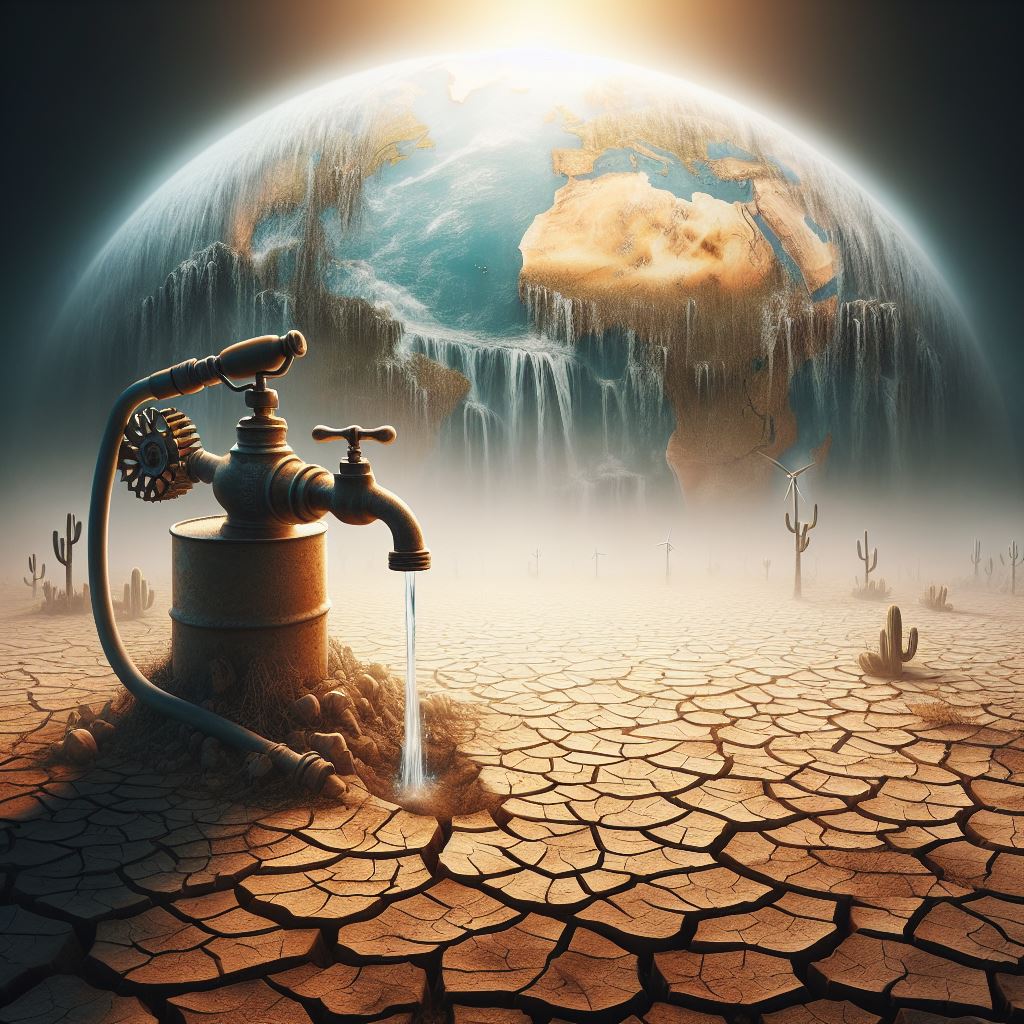 Introduction:
Introduction:
Dive into the pressing issue of the water crisis in Pakistan. Explore the potential scenarios and solutions as we examine the looming question: Will Pakistan run dry by 2025? Uncover the facts, challenges, and the urgent need for sustainable water management in this insightful exploration.
Come along with us as we explore the serious problem of not having enough water in Pakistan, with insights from Masroor Ahmad, who knows a lot about water and sanitation. Ahmad, with his experience, talks about the problems Pakistan is dealing with and some ways we could solve the issue of running out of water by 2025.
Masroor Ahmad: A Journey of Expertise
Masroor Ahmad’s career trajectory from a civil engineer to a renowned figure in water and sanitation development is an inspiring tale. Beginning with his work at the World Bank in the 90s, Ahmad’s dedication and pursuit of knowledge led him to further his education in the UK. His practical experience, paired with academic rigor, shaped him into the expert he is today.
Masroor Ahmad, an expert in water and sanitation development, has spent over three decades navigating the complexities of this crucial sector. From his early days as a junior engineer working on water projects in Pakistan to his recent engagement in war-torn countries like Nigeria and Somalia, Masroor has witnessed firsthand the challenges and opportunities surrounding water access and sanitation. In this blog post, we delve into his inspiring journey and gain insights on pressing issues like Pakistan’s looming water scarcity and the future of sanitation around the globe.
From Junior Engineer to Global Development Expert:
Masroor’s career trajectory perfectly mirrors the evolution of the development sector itself. Starting as a young engineer thrown into the world of water infrastructure, he honed his skills working with international firms and diverse teams. A pivotal moment came with his master’s degree in the UK, where he gained exposure to global best practices and innovative approaches to water and sanitation issues. This laid the foundation for his extensive work with development organizations like GIZ, UN agencies, and finally, the World Bank, where he spent 13 years as a senior sanitation specialist.
Beyond the World Bank: Embracing New Challenges:
Despite a successful career at the World Bank, Masroor decided to embark on a new chapter in 2016. He sought out more diverse and impactful projects, leading him to conflict-affected countries like Nigeria and Somalia. Here, he applied his expertise to rehabilitate infrastructure and support communities ravaged by war and instability. His current focus on climate change adaptation highlights his commitment to tackling the most pressing global challenges with innovative solutions.
Pakistan’s Water Crisis: A Looming Threat:
The conversation with Masroor inevitably shifts to Pakistan’s water crisis, a topic he addresses with both urgency and hope. He acknowledges the alarming predictions of Pakistan running dry by 2025, but emphasizes that solutions exist. He advocates for a multi-pronged approach, combining efficient water management with infrastructure upgrades and climate-resilient strategies. He believes that collaboration between government, communities, and development partners is key to averting this potential disaster.
Sanitation: A Silent Crisis with Huge Impact:
Masroor delves into another often-overlooked issue: sanitation. He reminds us that Pakistan ranks as the third largest open defecation country, highlighting the dire consequences for public health and environmental sustainability. However, he also sees progress, pointing to India’s success in tackling open defecation as a source of inspiration for Pakistan. He emphasizes the need for awareness campaigns, innovative sanitation technologies, and investments in infrastructure to finally overcome this challenge.
Looking Ahead: Opportunities in the Development Sector:
Masroor concludes with a message of optimism for young people interested in a career in development. He acknowledges the challenges, but also stresses the immense potential for positive impact. He encourages graduates to explore opportunities beyond traditional government jobs, venturing into the private sector and seeking out innovative solutions. Ultimately, he sees the development sector as a field driven by passion and purpose, a place where one can truly make a difference in the lives of others.
Masroor Ahmad’s story is a testament to the dedication and expertise required to tackle complex global challenges like water scarcity and sanitation. His journey offers valuable insights and inspiration for future generations of development professionals and anyone concerned about the future of our planet. While the road ahead may be difficult, Masroor’s optimism and unwavering commitment to finding solutions serve as a beacon of hope, reminding us that even the most daunting problems can be overcome through collaboration, innovation, and a shared vision for a sustainable future.


 Introduction:
Introduction: 

